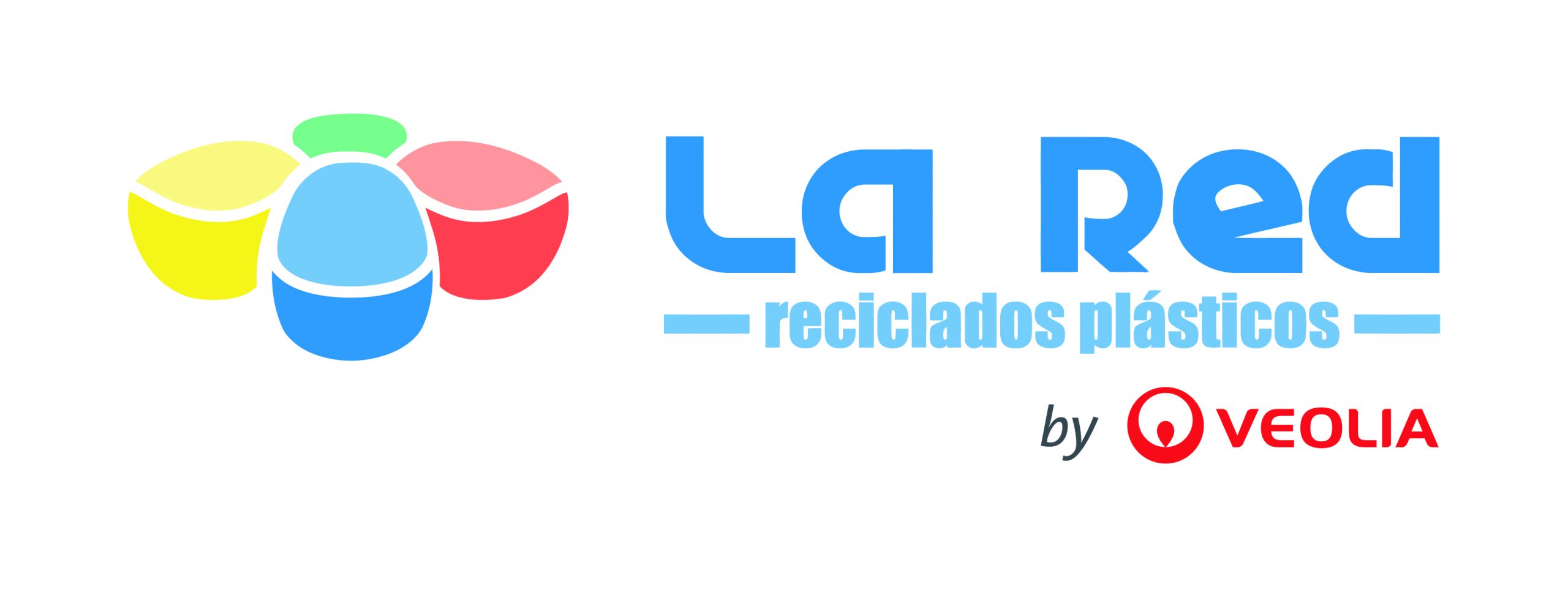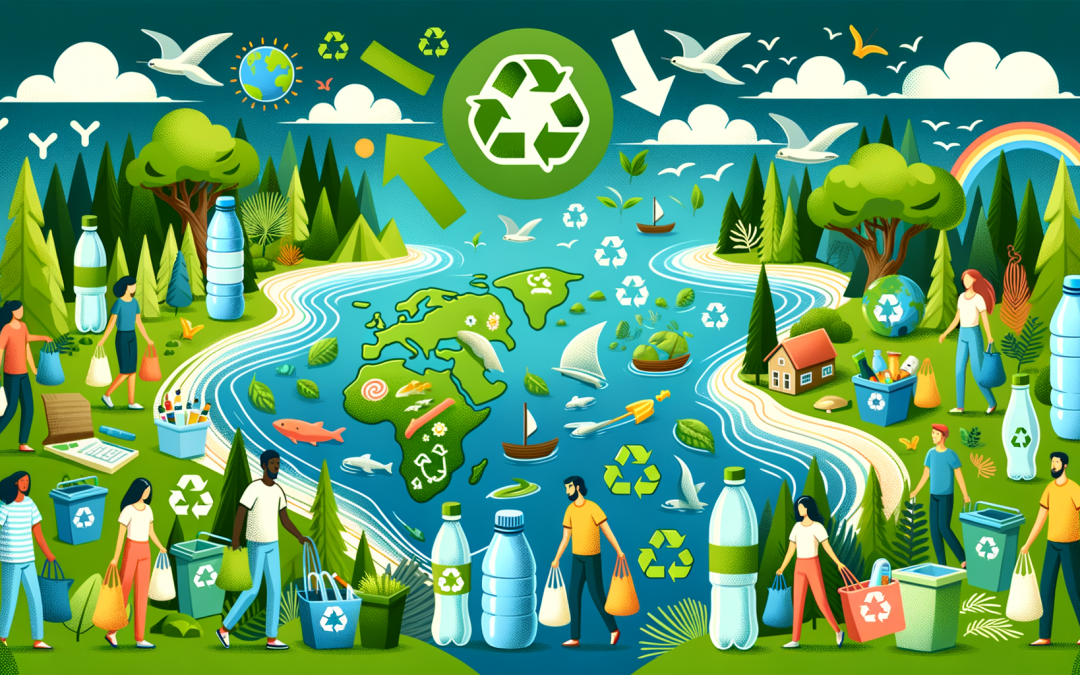
by webmasterMT | Oct 30, 2024 | Sin categoría
Currently, the growing concern for the environment has highlighted the urgent need to review our consumption and production practices, especially regarding the use of plastics. Each year, millions of tons of virgin plastics are produced, generating a significant environmental impact due to the extraction of natural resources and their accumulation in ecosystems around the world. At Reciclados La Red by Veolia, we believe that reducing the use of virgin plastics is fundamental to mitigate these negative effects.
Reducing the use of virgin plastics has multiple real and tangible benefits for the health of the planet. First, it decreases the dependence on fossil fuels, as most virgin plastics are produced from oil and natural gas. Also, by limiting ourselves to already existing materials, the amount of plastic waste that ends up in the oceans, rivers, and other crucial ecosystems is significantly reduced.
On the other hand, the use of products made from recycled plastic emerges as an effective and sustainable solution. By choosing recycled plastics, we contribute to closing the product’s life cycle, preventing waste from ending up in landfills and reducing greenhouse gas emissions associated with the production of new plastics. In this way, every conscious choice of a recycled plastic product helps protect natural habitats and preserve biodiversity.
At Reciclados La Red by Veolia, our experience in managing and transforming plastic waste allows us to offer high-quality materials that meet the needs of various industrial sectors. At the same time, these sustainable solutions provide businesses and consumers an opportunity to actively participate in caring for the environment.
Individual consumers play a crucial role in reducing the use of virgin plastics and can contribute in various ways in their daily lives. Here are some specific actions they can take:
- Choose recycled plastic products: By choosing products made from recycled materials, consumers support industries that promote recycling and reduce the demand for virgin plastics.
- Reject single-use products: Avoid using disposable plastics, such as bags, bottles, and single-use utensils. Instead, choose reusable alternatives, such as water bottles, cloth bags, and metal cutlery.
- Recycle properly: Actively participate in local recycling programs, making sure to properly separate recyclable materials and clean containers before placing them in recycling bins.
- Support sustainable brands: Buy products from companies that prioritize the use of recycled materials in their packaging and products. Many brands are innovating in this area, and consumers can support this trend with their purchasing decisions.
- Reduce unnecessary consumption: Adopt a minimalist and conscious lifestyle, assessing the need for each purchase. Reducing consumption decreases the demand for new products and, therefore, for new materials.
- Use refillable containers: Look for stores that offer the option to buy bulk products or refill containers with products such as detergents, foods, and cosmetics. This approach reduces the need for new plastic containers.
By incorporating these practices into their daily lives, consumers can significantly reduce the use of virgin plastics, contributing to the well-being of the planet and supporting the transition to a more circular and sustainable economy.
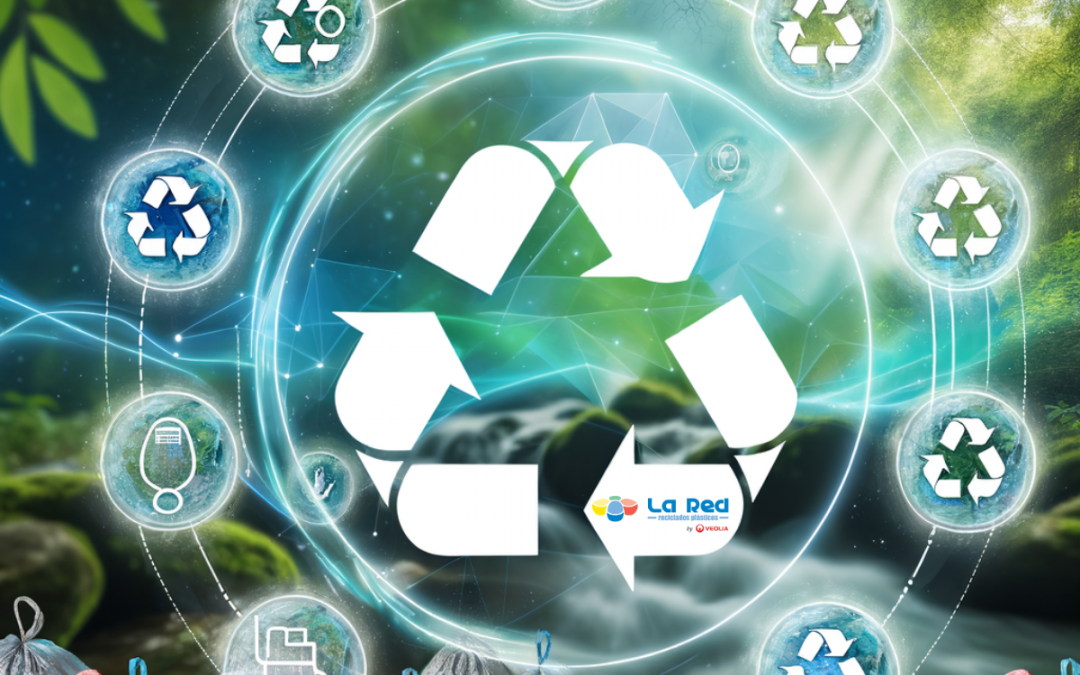
by webmasterMT | Oct 4, 2024 | Sin categoría
In the current scenario marked by increasing concern for sustainability and efficient resource management, the circular economy has positioned itself as a key model to address environmental challenges. This approach, which contrasts with the traditional model of “produce, use and discard,” proposes an endless cycle where waste is transformed into resources, significantly contributing to the reduction of the ecological footprint. At Reciclados La Red by Veolia, we are part of this transformation through our commitment to plastic recycling and the production of recycled plastic.
The circular economy focuses on three fundamental principles: the elimination of waste and pollution from design, the conservation of products and materials in use for as long as possible, and the regeneration of natural systems. By applying these principles, we seek to maximize resource efficiency and minimize environmental impact. This approach has not only economic implications, but also consolidates a path towards long-term sustainability.
Plastic, a material ubiquitous in our daily life, has proven to be a particular challenge in terms of waste management. Every year, millions of tons of plastic end up in landfills or, worse, in the oceans, causing irreversible damage to the environment. This is where our mission at Reciclados La Red by Veolia comes into play: to transform the way we manage and use plastic.
Our process begins with the collection of plastic waste that would otherwise be discarded. These materials undergo a rigorous sorting and cleaning process, ensuring they can be efficiently recycled. Through advanced technologies, we convert this waste into high-quality recycled plastic granules, ready to be reused in a variety of industrial and commercial applications.
This process not only reduces the amount of plastic waste, but also decreases the need to produce new plastic from fossil resources. The production of recycled plastic consumes less energy and generates fewer CO2 emissions compared to the production of virgin plastic, thus contributing to the moderation of climate change. In addition, by extending the useful life of plastic materials, we promote a more circular and sustainable economy.
The benefits of recycled plastic for businesses that use it are numerous. Not only do they offer a more eco-friendly option, but they can also contribute to improving corporate reputation and compliance with increasingly strict environmental regulations. By opting for recycled products, companies can actively participate in creating a sustainable future, showing their consumers and society at large that they are committed to a positive impact on the planet.
At Reciclados La Red by Veolia, we believe in the power of collaboration. We work hand in hand with our suppliers and customers to close the loop of the circular economy. Our approach not only focuses on offering high-quality recycled products, but also on educating and raising awareness about the importance of recycling and sustainability. We want to inspire more businesses and consumers to join this cause, demonstrating that positive change is possible.
The circular economy is not just an option, it is the solution for a more sustainable planet. We are here to help you be part of this transformation!
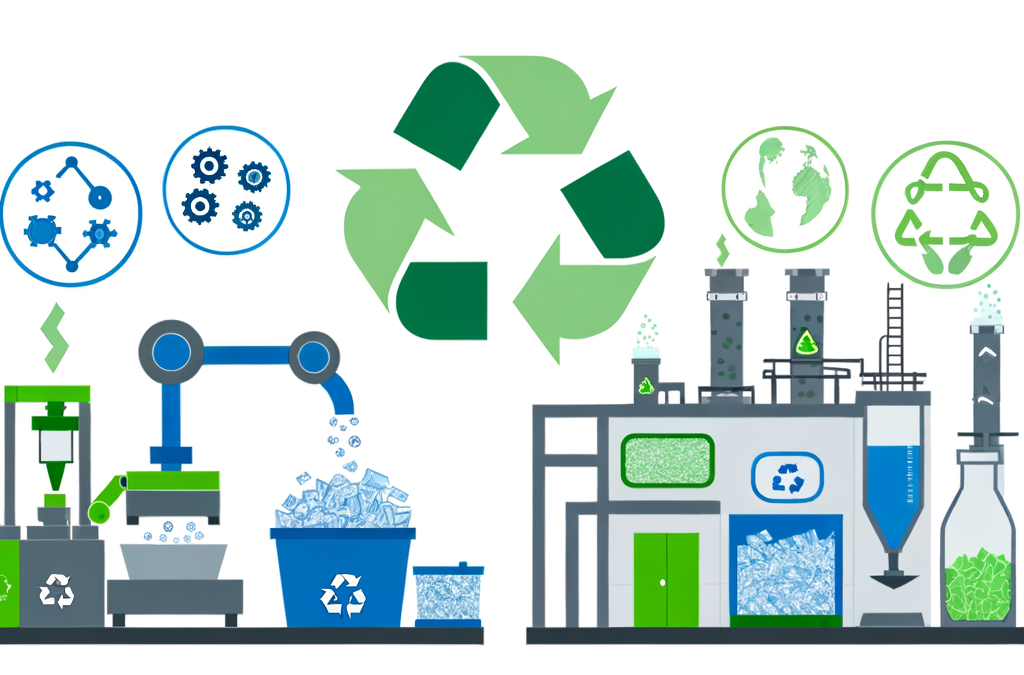
by webmasterMT | Sep 26, 2024 | Sin categoría
Plastic recycling is an essential activity for environmental sustainability and the circular economy. However, not all recycling processes are the same. The two most commonly used methods in the industry are chemical plastic recycling and mechanical plastic recycling. In this article, we will explain the differences between these two processes and explore the benefits each offers.
Mechanical plastic recycling is the most common method and involves collecting, sorting, cleaning, and shredding plastic into small particles called flakes. These flakes are melted and molded into pellets that are then sold to manufacture new products. This process is efficient and cost-effective because it does not require the use of additional chemicals. Moreover, mechanical recycling directly contributes to the reduction of plastic pollution by reincorporating leftover materials into the production cycle.
On the other hand, chemical plastic recycling breaks down plastics into their basic chemical components through chemical reactions. This process can convert plastics that are not mechanically recyclable, such as multilayer plastics, into new materials. One of the main advantages of chemical recycling is that it allows for the recycling of a wide range of plastics, including those resins that are difficult to process by mechanical methods.
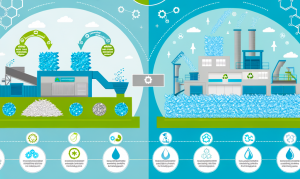
Both methods have significant benefits. Mechanical recycling is generally cheaper and consumes less energy, making it ideal for the most common and easily recyclable plastics. However, chemical recycling has the advantage of expanding the spectrum of recyclable plastics and can be fundamental in the transition to a completely circular economy, where all types of plastics can be reused.
In summary, both mechanical and chemical plastic recycling have important roles to play in the sustainable management of plastic waste. The choice between one method or another depends on the type of plastic and the specific objectives to be achieved.
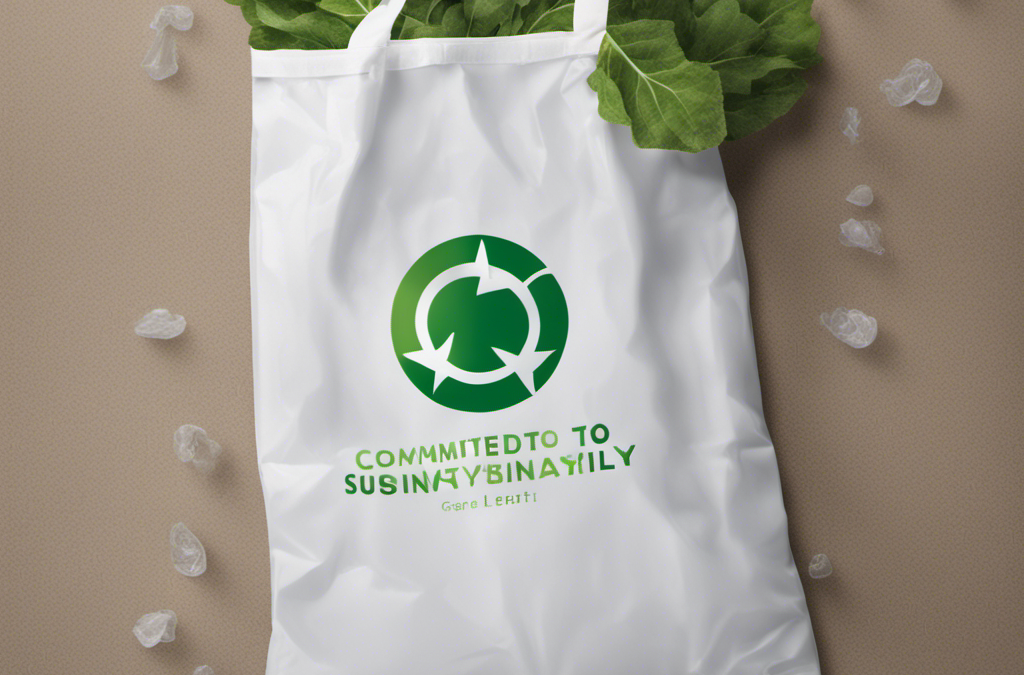
by webmasterMT | Sep 12, 2024 | Sin categoría
At Reciclados La Red by Veolia, our commitment to sustainability and environmental protection is reflected in every aspect of our work, especially in the production of high-quality recycled plastic. Today we want to talk to you about the regulation of plastic bags in Spain and how our work contributes to a greener future.
Regulation of plastic bags in Spain
In Spain, plastic bags are regulated by Royal Decree 293/2018, a regulation that establishes measures to reduce the consumption of lightweight plastic bags and encourages the use of reusable bags. This decree is a response to the urgent need to reduce plastic pollution and promote more sustainable practices among both consumers and producers.
To ensure durability and minimal environmental impact, the UNE 53930 standard stipulates that plastic bags must be reusable and made with at least 50% recycled material. This regulation not only reinforces the importance of recycling, but also values the quality and efficiency of recycled materials.
Our role in rroducing reusable and recycled Bags
At Reciclados La Red by Veolia, we are very proud that our recycled plastic is used in the manufacture of reusable plastic bags. One of our greatest achievements is that our recycled plastic is used in the manufacturing of bags for one of the most important distribution companies in Spain.
This collaboration not only demonstrates the high quality of our materials, but also our strong commitment to environmental protection. By choosing recycled plastic, we significantly contribute to the reduction of the use of virgin resources and minimize the impact of plastic waste.
An exemplary model of responsible environmental management
Our environmental management model not only complies with established regulations, but also promotes a sustainable life cycle for plastic products. Each bag made with our recycled plastic is tangible proof that it is possible to combine quality, functionality and environmental responsibility.
Choosing recycled bags: A guarantee of quality and responsibility
We know that every little gesture counts, and choosing recycled bags can make a big difference. We encourage you to opt for recycled and reusable plastic bags, together we can move towards a more sustainable world.
At Reciclados La Red by Veolia, we are dedicated to offering high-quality recycled materials, complying with all current regulations and contributing to a responsible environmental management model. Because every recycled plastic bag is not just a product, but a step towards a cleaner and more sustainable future.
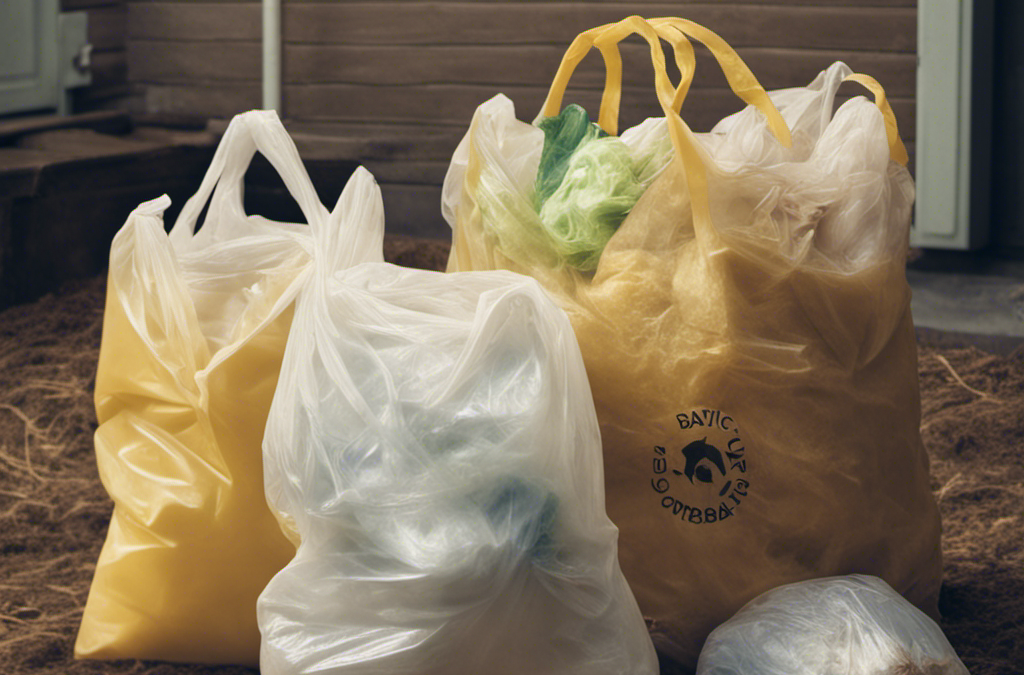
by webmasterMT | Aug 29, 2024 | Sin categoría
Today we want to address a very common but often misunderstood topic: the correct use of reusable bags made from recycled plastic and compostable bags, as well as the impact of these when they are disposed of incorrectly.
The confusion in sustainable consumption
As environmental awareness grows, so has the use of alternatives to conventional plastic bags. Reusable bags made from recycled plastic and compostable bags are two popular options that aim to offer sustainable solutions to environmental problems. However, their benefit can be compromised if they are not used and disposed of properly.
Reusable bags made of recycled plastic
These bags are an excellent example of how we can close the loop in the circular economy of plastic. Made from already used materials, they reduce the need for producing new plastic and in turn, the environmental impact associated with it. They are designed to be sturdy and durable, suitable for multiple uses and, at the end of their lifecycle, they can be recycled again, returning to the yellow recycling bin to be transformed once more into new products.
Compostable bags
Unlike reusable bags, compostable ones are designed to biodegrade under specific composting conditions. They are typically made of vegetable starch that decomposes in an industrial or domestic composting environment. However, these bags can cause significant problems if placed in the yellow recycling bin, as they can contaminate the plastic recycling process.
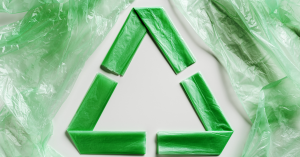
The importance of proper disposition
The positive environmental impact of both reusable and compostable bags largely depends on their proper disposal. Depositing compostable bags in the yellow bin can cause contamination of recyclable plastic loads, interfering with the recycling process and reducing the quality of the recycled material produced. Similarly, reusable bags should be kept until the end of their useful life and then properly recycled.
At Reciclados La Red by Veolia, we encourage everyone to make informed decisions about the products they use and how they handle them. Opting for reusable bags made from recycled plastic and ensuring they are recycled correctly, or choosing compostable bags for specific composting purposes, can make a big difference in our collective environmental impact. Taking responsibility together for our consumption habits can bring us one step closer to a more sustainable future.
Together, we can make a significant difference for our planet!

